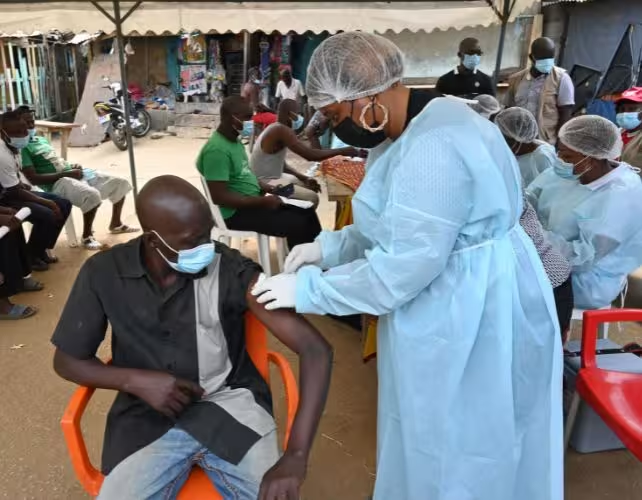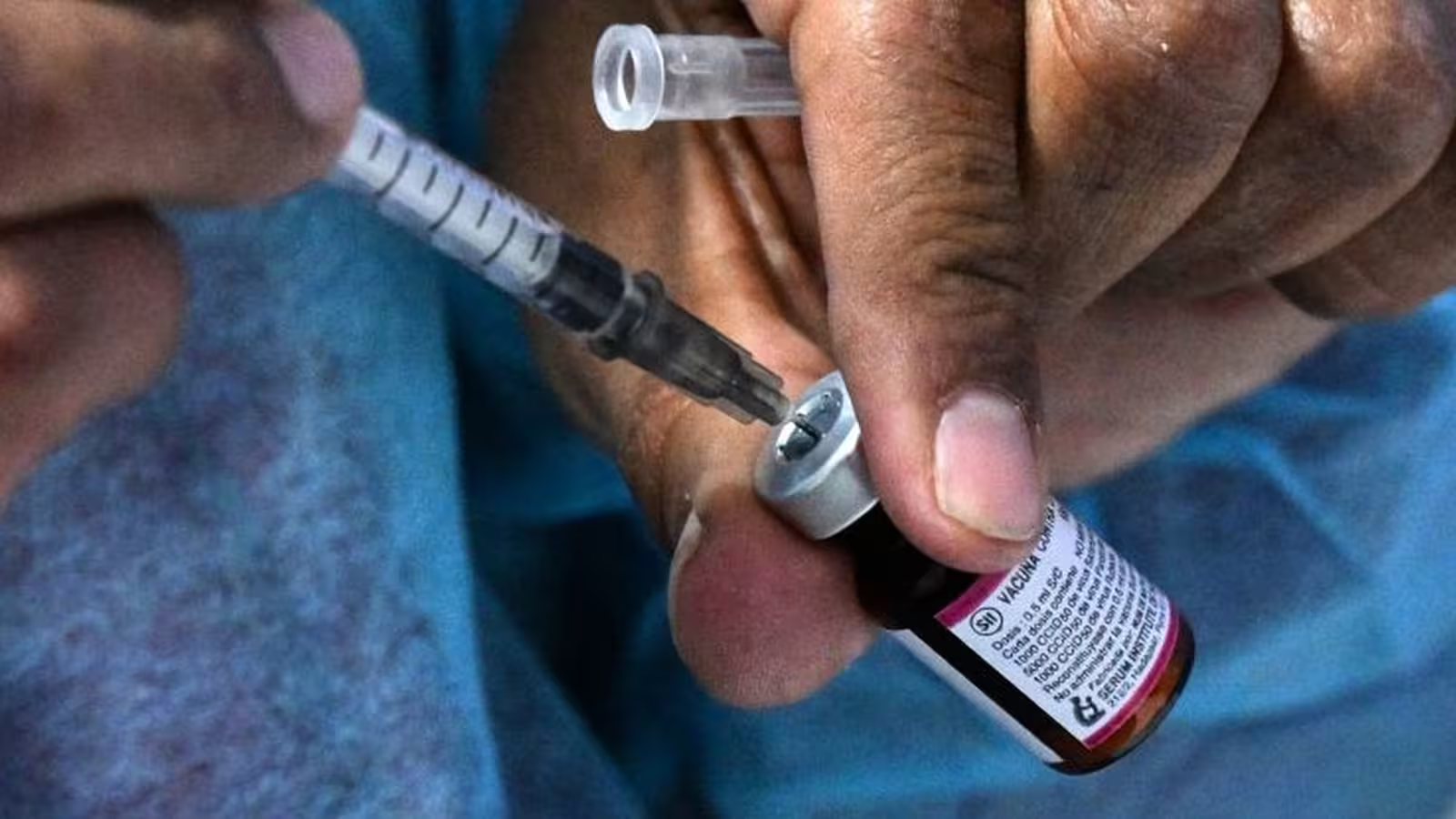4 Minutes
Introduction: Emergency Vaccines as a Game-Changer in Global Health
A comprehensive international study has revealed that emergency vaccination campaigns during outbreaks of life-threatening diseases—including cholera, Ebola, measles, meningitis, and yellow fever—have dramatically reduced death rates by roughly 60% over the past 24 years. The analysis highlights not only the humanitarian value of rapid immunization but also signals the immense economic benefits and enhanced global health security provided by these interventions.
Scientific Context: The Global Threat of Infectious Disease Outbreaks
Infectious disease outbreaks remain an urgent public health issue, especially in lower-income regions where healthcare resources are limited and populations are more vulnerable. Diseases like cholera and measles continue to trigger large-scale emergencies, while periodic outbreaks of Ebola or yellow fever can devastate communities and threaten cross-border health security.
Vaccines are among the most powerful tools available for outbreak response. Emergency vaccination—the rapid deployment of vaccines during an active crisis—aims to contain the spread, protect the most at-risk, and prevent further loss of life. Until now, large-scale evidence quantifying the impact of such interventions has been limited.
Key Findings: Significant Reductions in Mortality and Infections
The new study, conducted through a collaboration between the Gavi vaccine alliance and Australia's Burnet Institute, and published in BMJ Global Health, is the first of its kind to systematically assess the historical impact of emergency vaccination. Researchers examined 210 documented outbreaks across 49 low-income nations from 2000 to 2023, focusing on five of the deadliest vaccine-preventable diseases.
The results are striking. Emergency immunizations led to a 60% decrease in both deaths and infections on average across these outbreaks. The effect was especially pronounced in yellow fever, where vaccination cut deaths by an astounding 99%, and for Ebola outbreaks, with a 76% mortality reduction. Beyond saving lives, these efforts also contributed to substantial economic benefits, with analysts estimating nearly $32 billion saved based solely on averted deaths and reduced years lost to disability.
Expert Perspectives
Dr. Sania Nishtar, head of Gavi, emphasized the historic importance of these results: “For the first time, we are able to comprehensively quantify the benefit, in human and economic terms, of deploying vaccines against outbreaks of some of the deadliest infectious diseases. This study clearly demonstrates the power of vaccines as a cost-effective countermeasure to the increasing global threat of outbreaks.”

Economic and Societal Impact: Broader Benefits and Persistent Risks
While the financial benefits of emergency immunization are already impressive, the study notes that real global savings are likely much higher, as the estimated figure excludes broader response expenses and the substantial social and macroeconomic consequences of disrupted societies. The 2014 West African Ebola crisis, which struck before an approved vaccine was available, serves as a cautionary example—estimated to have cost local economies over $53 billion and affected health and security worldwide.
However, the threat of outbreaks remains. The World Health Organization has recently warned of rising cases of vaccine-preventable diseases like measles and meningitis, fueled in part by misinformation and sharp declines in international aid. Gavi, responsible for immunizing more than half the world’s children against infectious diseases, now faces its own funding challenges in the wake of global aid cuts and shifting international priorities.
Conclusion
This landmark study underscores how emergency vaccination is not only a vital public health intervention, but also a crucial investment in economic resilience and global security. As disease outbreaks continue to evolve, strengthening rapid immunization capacities will remain essential in safeguarding vulnerable populations and mitigating the far-reaching consequences of infectious diseases. Ongoing support and advocacy for vaccine program funding are more critical than ever to sustain and build upon these life-saving advances.



Comments